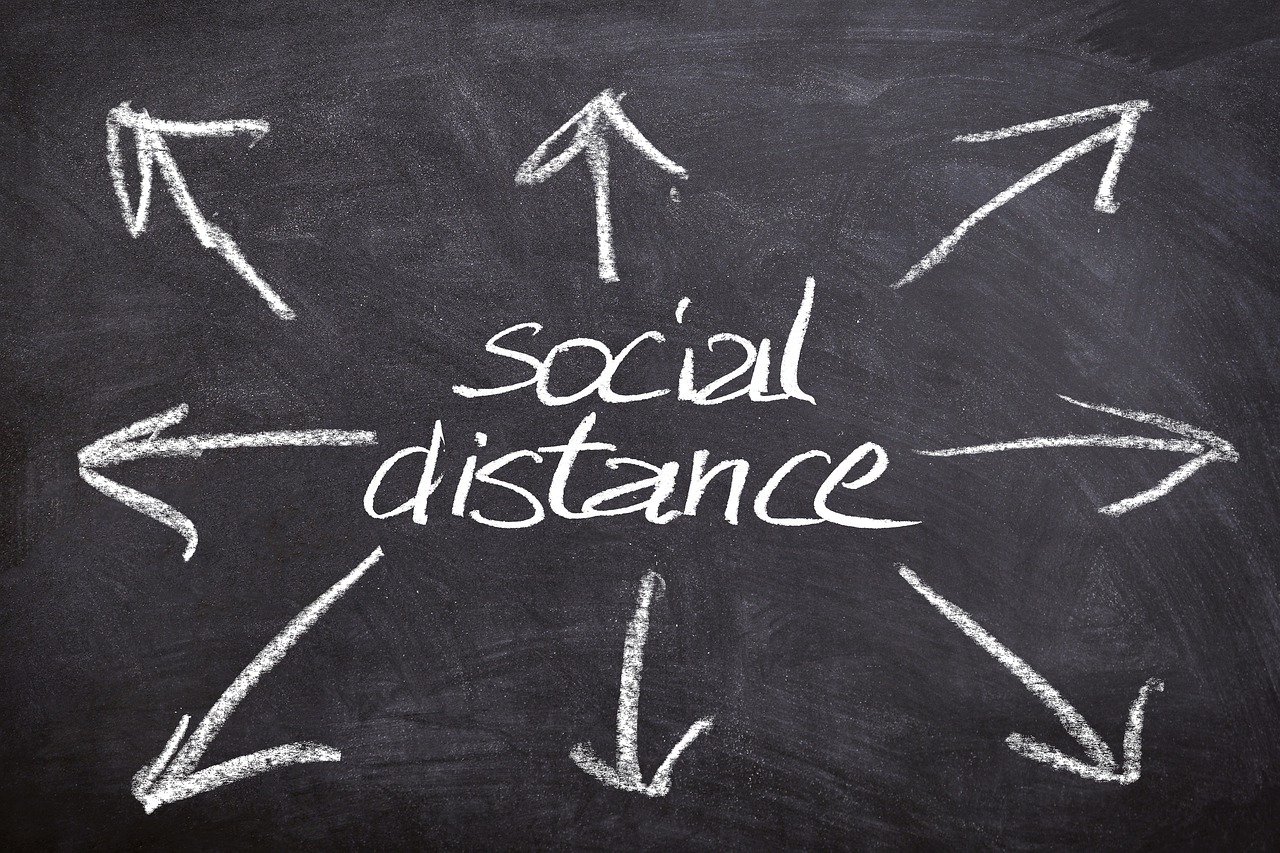
Dave Barry wrote, “My psychologist tells me it is more satisfying to finish what I’ve started. He’s right. Today I’ve finished two bags of M&M’s and a chocolate cake, and I feel better already.” If you’re a person who regularly goes for a “chocolate fix,” this quote could make you chuckle. However, it also points out our love/hate relationship with food, especially when we’re going through difficult times like this pandemic and the lockdowns we’re enduring, when we are all feeling an extra degree of stress and sadness with no sign of relief in sight.
Part of what makes this pandemic so difficult to deal with is the range of things we are grieving. We’re losing relationships, or at least the ability to gather together, hug, visit the grandkids, go out to eat or have a drink together. Some are losing jobs they counted on and considered secure, or even their small business that may not be able to survive the shut-down. The market volatility puts retirement funds into question. Our hearts ache when we can’t visit those we love in nursing homes or hospitals, especially when we know they don’t understand why we can’t be there. We and those we love have to let go of senior prom and graduation parties, the lavish wedding that was all planned out, the long-awaited dream vacation, the highly-anticipated sports tournament, and more. It is tempting to try to fill all those holes in unhealthy ways, whether with “comfort food”, alcohol, getting lost in social media, or any of the “fixes” that might make us feel good temporarily but don’t actually fill the holes at all.
So how do you stay sane? Short of finding a rock to live under for the foreseeable future, there are things you can do to handle it better and stay grounded. To the extent possible in your situation, here some tips I frequently share with my family and friends:
- Maintain a daily schedule of activities you enjoy. Go for a walk, listen to music, close your eyes and breathe deeply, work on a crossword puzzle or Sudoku. Watch an old comedy show and let yourself laugh out loud.
- Try to remain grounded in the present moment and your source of strength and resilience. There is an automatic relaxation response in your brain when you consciously and slowly breathe deeply, filling up all the way down into your belly, and then consciously and slowly exhale. Do it three times in a row and you’ll notice the difference. Then every so often throughout the day, take five minutes of quiet and peace to give your mind a break. Center yourself in your spirituality, regularly repeating prayers, mantras, songs, or scripture passages that are meaningful to you. Notice the beauty all around you – the blue sky or the stars, the budding bushes, the birds or other animals, or whatever brings you joy. Take respite moments to re-charge your batteries.
- Stay updated enough on the news to be aware and informed, but don’t get lost in it, since it can suck you under if you let it. Check in on your favorite sources of information no more than 15 minutes twice a day, and never within an hour of going to bed. The rest of the time, try to turn it off. Read a novel instead of the news. Listen to an audiobook instead of the radio.
- Make a list of your fears. Then brainstorm what you can do to address each one in constructive ways. Control what you can; let go of what you can’t.
- Use non-destructive psychological or physical ways to decrease or eliminate the stress that does creep in. For instance, rip paper into little shreds (you may wish to imagine that the paper represents a particularly vexing situation). Write in a private journal that no one ever has to see — paper is unconditionally accepting, so you can vent, think things through, or whatever you wish. Throw a tennis ball against the wall as hard as you can, catch it on the rebound, and throw it again, or stomp your feet on the floor as hard and fast as you can for ten seconds.
- Find ways to stay connected. Call someone else at least twice a day. Email at least two others. Write someone else a physical note or letter. If you can, use FaceTime, Instagram, Zoom, or Skype to connect to family or friends with visual and audio.
- Consciously decide to put a smile on your face. Smile when talking on the phone; your tone will immediately be much more calming. Smile at a magnificent tree, at a funny cartoon, or even at yourself. Smile at the lengthening daylight. Smile at a picture of a loved one. You’ll find that if you smile often enough, you do in fact become happier.
- Make a list of everything and everyone for whom you are grateful. Every evening, read the list. Then add at least one good thing that happened during your day, and at least one thing you did or said that made another person smile.
Oh, and along the way, don’t forget that you can still have a few M&M’s.

